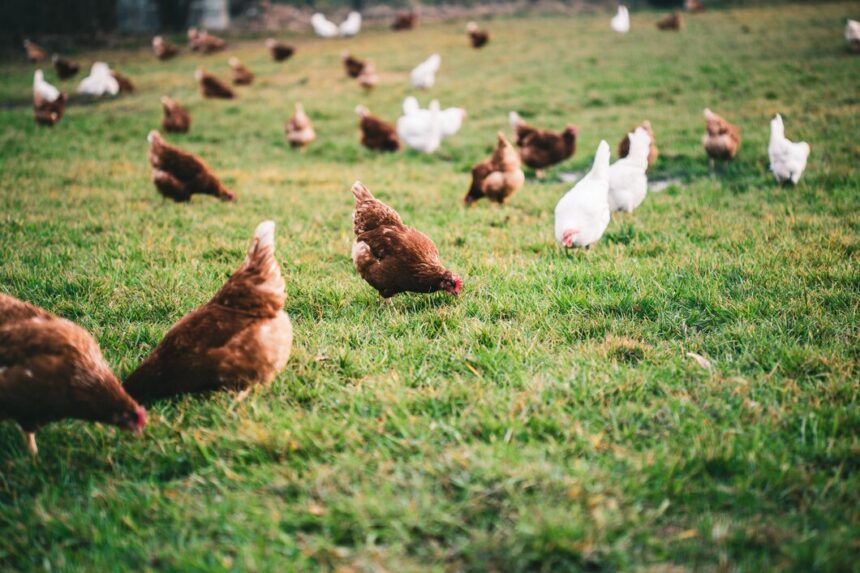Crossbreed chicken breeding has gained popularity among poultry enthusiasts in South Africa due to the potential for improved traits and enhanced productivity. If you’re considering delving into this rewarding endeavor, here are ten key insights to guide you through the process.
1. Selecting the Right Breeds: Foundation Matters
Choosing the right parent breeds is crucial in crossbreeding. Consider the specific traits you want in your flock, such as egg production, meat quality, or resilience to local conditions. By selecting breeds with complementary characteristics, you set the foundation for a successful crossbreeding program.
2. Purposeful Breeding Goals: Define Your Objectives
Clearly define your breeding goals. Are you aiming for higher egg production, faster growth rates, or disease resistance? Establishing specific objectives will guide your breeding decisions and help you measure success over time.
3. Vigilance in Health Management: A Top Priority
Maintaining the health of your crossbreed flock is paramount. Implement a rigorous health management program, including vaccination schedules, parasite control, and routine health checks. Healthy parent stock contributes to robust offspring.
4. Housing and Environment: Comfort is Key
Create a suitable environment for your crossbreed chickens. Adequate housing, ventilation, and sufficient space are essential. A stress-free environment promotes better growth and reproduction rates among your crossbred flock.
5. Balanced Nutrition: Fueling Optimal Performance
Providing a well-balanced diet is fundamental for crossbreed chickens. Consult with poultry nutrition experts to formulate a feed regimen that meets the specific needs of your flock, considering their purpose and the local climate.
6. Genetic Diversity: Strengthening the Gene Pool
Maintaining genetic diversity is crucial for the long-term success of your crossbreeding program. Avoid excessive inbreeding, which can lead to reduced vigor and increased susceptibility to diseases. Periodically introduce new genetics to refresh the gene pool.
7. Careful Record-Keeping: Track Your Progress
Keep meticulous records of your breeding program. Note the performance of individual birds, track growth rates, egg production, and any health issues. This data will be invaluable in assessing the success of your breeding efforts and making informed decisions for future generations.
8. Climate Considerations: Adapting to Local Conditions
South Africa encompasses diverse climates, and your crossbreed chickens should be well-adapted to local conditions. Choose breeds that can thrive in your specific climate, whether it’s hot and arid or cooler and humid. This ensures better overall performance and reduces stress on the flock.
9. Market Demand Awareness: Aligning with Market Trends
Understand the demand in your local market. Whether you’re focusing on meat or egg production, align your crossbreeding goals with market preferences. Stay attuned to changing consumer trends and adjust your breeding program accordingly.
10. Regulatory Compliance: Adhering to Standards
Familiarize yourself with poultry farming regulations and standards in South Africa. Compliance ensures that your breeding activities are legal and ethical. It also enhances the marketability of your crossbreed chickens.
Breeding crossbreed chickens in South Africa requires careful planning, attention to detail, and a commitment to best practices. By selecting suitable breeds, defining clear goals, and prioritizing health and nutrition, you set the stage for a successful and rewarding crossbreeding venture. Stay informed, adapt to changing conditions, and enjoy the journey of cultivating a thriving and productive flock.







